This crisis is directing ships, especially those transporting to Far East and Asian countries such as China and India, to the Cape of Good Hope route in South Africa instead of the Suez Canal. This increases transportation times from 20-25 days to 50 days, while prices per container climb from 2 thousand dollars to 6 thousand dollars.
Fatih Şener, Vice President of the International Freight Forwarders Association (UND), points out that 12% of world trade through the Red Sea and the Suez Canal is affected. "The distance increased 8-10 times with the Cape of Good Hope route. Far East transportation costs per container increased from 2 thousand dollars to 6 thousand dollars. This means a serious cost increase for Türkiye's cargo coming from countries such as China, Japan and South Korea. This may bring about a cost of approximately 2 billion dollars."
The effects of the shock price increases are already being seen in export and import transportation. Rüstem Çetinkaya, President of the Istanbul Mineral Exporters' Association, states that price fluctuations have led to order postponements and cancellations in companies. Especially the increase in container prices to China from 400 dollars to 1,700 dollars and the increase in transportation to the USA from 2 thousand-2 thousand 500 dollars to 5 thousand dollars increases the impact on the sector.
Burak Önder, Founding President of EVSID, points out that this situation negatively affects imports from Asia and exports to Gulf countries. Önder states that due to the shock price increases, order postponements and cancellations have started in the Middle East, and that this process may trigger inflation and face the problem of "not being able to find empty containers".


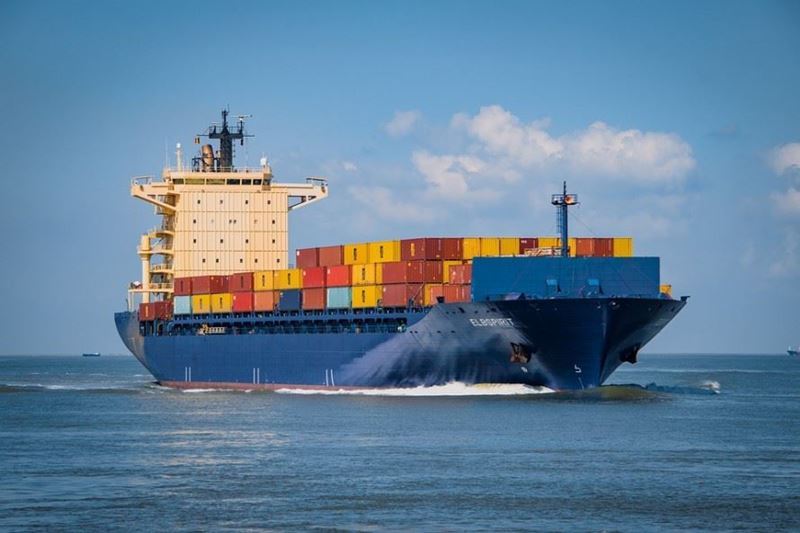
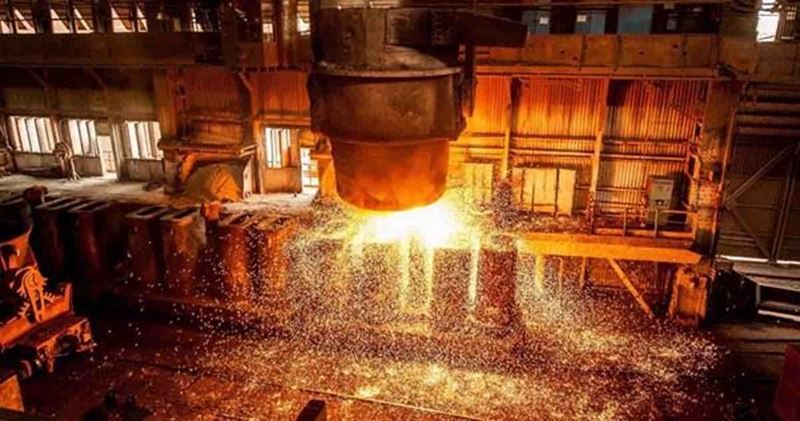
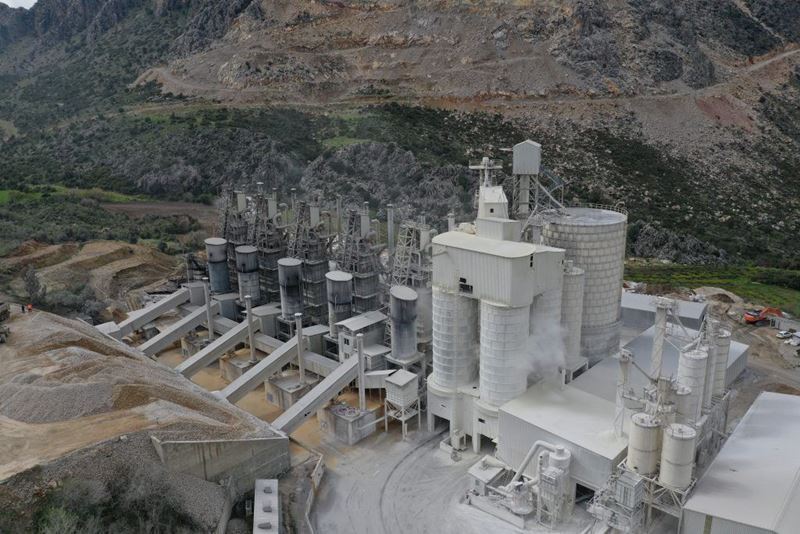

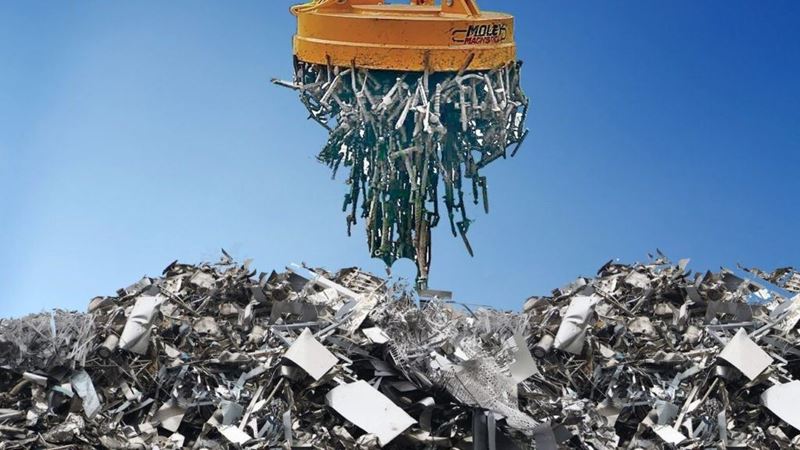
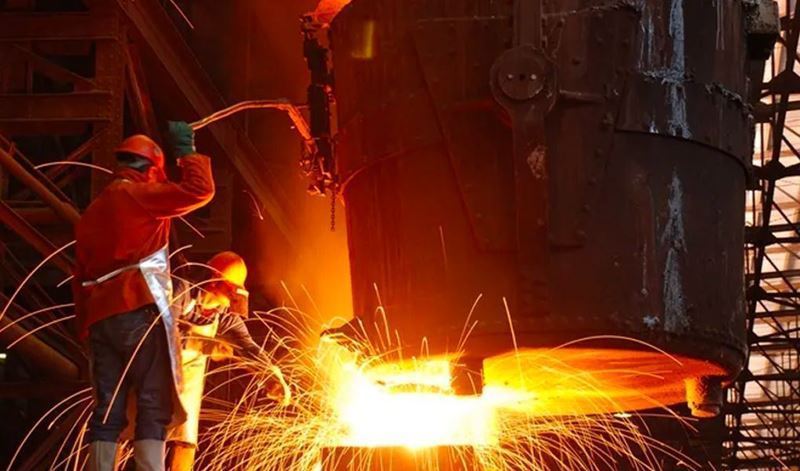

Comments
No comment yet.